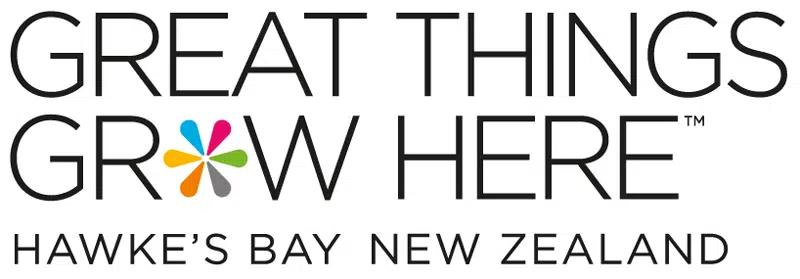There has been a lot of talk lately around employee health and wellbeing, especially with the struggle for employers to attract and retain staff and recent initiatives such as Mental Health Awareness Week. We all know that a healthy workforce leads to a healthy business but what is the right approach for employers to health and wellbeing and, if the goal is to ‘improve’ the health/wellbeing of the workforce, how can you measure this?
Defining what wellbeing is and why it matters to employees The term ‘wellbeing’ is multi-faceted. It includes everything from the physical health of a person to their mental and spiritual state, social interactions, cultural engagement, and financial situation. Gone are the days of the lifelong nine-to-five career with a gold watch at the end. Employees are now expecting their employers to value their wellbeing and offer flexible working arrangements – at a minimum.
The measure of success from an employee’s perspective has changed from merely financial rewards to aspiring for an overall package that affords an attractive lifestyle for them and their family.
- Why should wellbeing matter to employers? An employee in good general health contributes to a safer workplace and is proven to be significantly more productive
- Given the lower rates of absenteeism, increased output of quality work. In a tight labour market, it is crucial for employers to not only offer a competitive salary or wage but to go that step further and provide additional benefits that will impact their life and wellbeing in a tangible way. Many employers offer discounted gym subscriptions or social/competitive sporting events, weekly yoga sessions or onsite massage therapists. Some businesses are implementing a group life, disability, or critical illness insurance plan to provide peace of mind to an employee and their family. More commonly, in recent months, organisations have instigated health plans for all staff with universal acceptance to cover treatment in private health facilities or assist with day-to-day costs such as GP visits, dental check-ups and prescription lenses. This continues the trend of health insurance plans as the most desired employee benefit in New Zealand.
First published by The Profit. Click here to read the full article.

